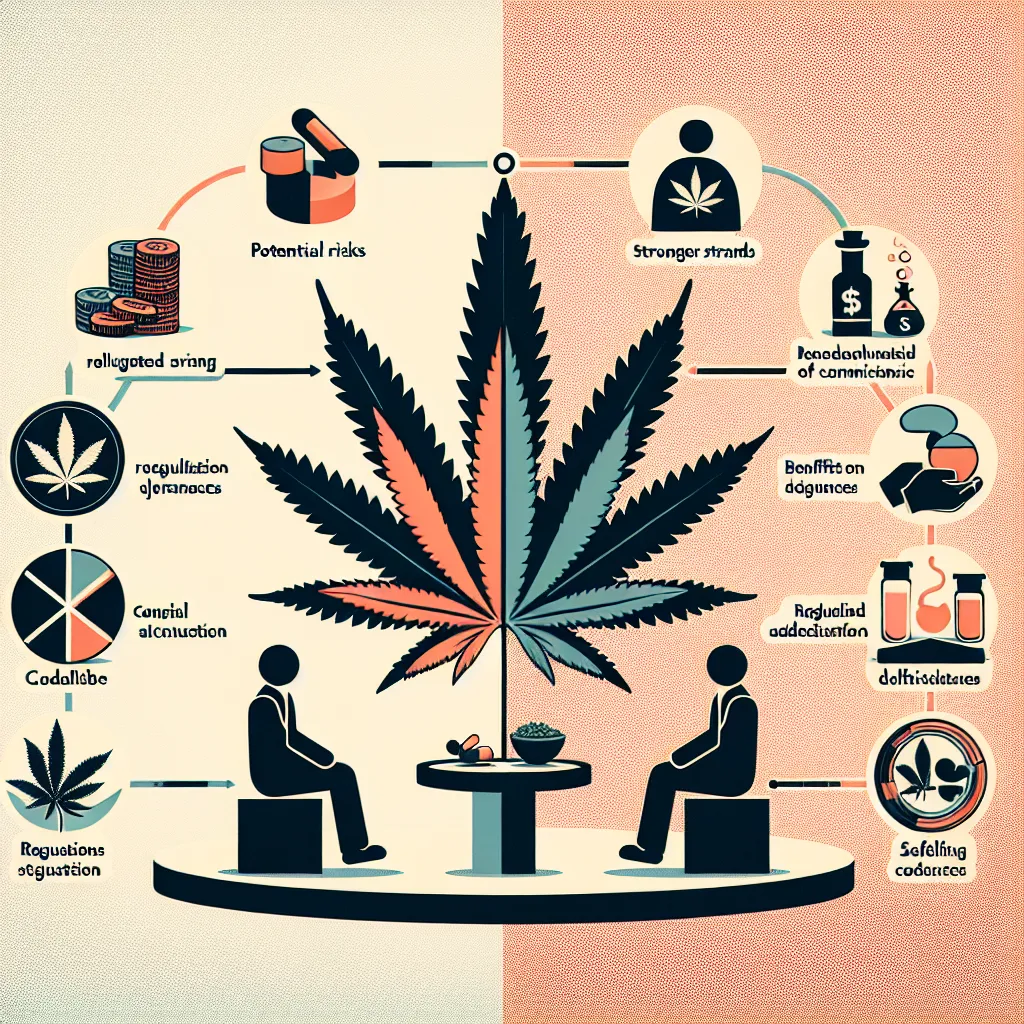Marijuana is being decriminalized or made legal worldwide, but is this a good idea? The downsides are often glossed over, so let’s explore three main arguments against legalizing weed.
First, marijuana today is much stronger than it used to be. Over the years, growers have upped the levels of THC, the main active ingredient, while reducing CBD, which counteracts THC’s effects. Potent marijuana can lead to psychosis, especially in people already at risk. While studies show that overall psychosis rates haven’t skyrocketed with increased marijuana use, the risk remains significant. Prohibition historically increases a drug’s potency, making it more dangerous. If weed were legal, regulations could help ensure safer consumption, offering options with higher CBD levels.
Second, there’s the argument that marijuana is a gateway drug. Some worry that legalizing it will lead to more people trying harder drugs. However, studies suggest that cigarettes are actually a more significant gateway. Teens who smoke cigarettes are much likelier to use illegal drugs later. Making marijuana legal could shift the focus from criminalization to understanding why people turn to drugs in the first place, like in Portugal. Portugal decriminalized all drugs in 2001, focusing on treatment and harm reduction, leading to a drop in drug use and associated health issues.
Lastly, marijuana can be addictive and unhealthy. About 10% of users could become addicted, especially with higher THC levels. There’s mixed evidence on marijuana’s health impacts, but using any drug while the brain’s developing isn’t great. Comparatively, alcohol and tobacco are far deadlier and more addictive, yet they remain legal. Legalizing marijuana could help regulate its use, protect young people better, and open doors for more research on its effects.
In conclusion, marijuana isn’t harmless, but legalizing and regulating it may be the best way to manage its risks. This approach could provide safer options for users and help society better understand and mitigate the drug’s negative consequences.






